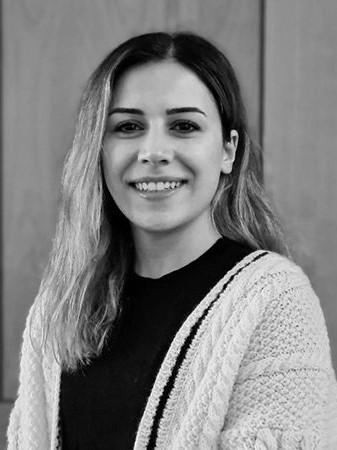Navigating Boundaries in the City
This is another episode of our Think&Drink Series in collaboration with the Georg-Simmel-Centre for Urban Studies working with the Humboldt University Berlin.
Kulkul presents her ethnographic work with Turkish Muslim women in Berlin as evidence that community is not an entity but is produced by instrumentalizing specific forms of identification and boundary-making.
In examining the role of community in the case of her participants, Kulkul finds that religion and culture are important not for the values they perpetuate, but for their role in forming and sustaining the community. She looks at the importance of boundaries and especially their reciprocity. Social boundaries are a set of codes of exclusion often used against migrants and refugees, while symbolic boundaries are typically understood as the way one defines one’s own group. Kulkul argues that these two types of boundaries tend to trigger each other and thus be mutually reinforcing. At the same time, she presents a picture
of everyday life from the perspective of migrants and the children of migrants in a cosmopolitan European city – Berlin.
A valuable read for scholars of migration and culture, which will
especially interest scholars focused on Europe.
Link to the book:

Ceren Kulkul Akyunak
Ceren Kulkul Akyunak is a postoctoral researcher at the Migration Research Center at Koç University. She was awarded her PhD at the Institute Urban and Regional Sociology, Faculty of Social Sciences Sociology and Political Sciences at Humboldt University Berlin. Her research interests lie in the field of Urban Sociology, Migration Studies, Sociology of Religion and Community Studies.
Most recent publication: Kulkul, C. 2024. Turkish Muslim women in Berlin: Navigating boundaries in the city. Routledge.

